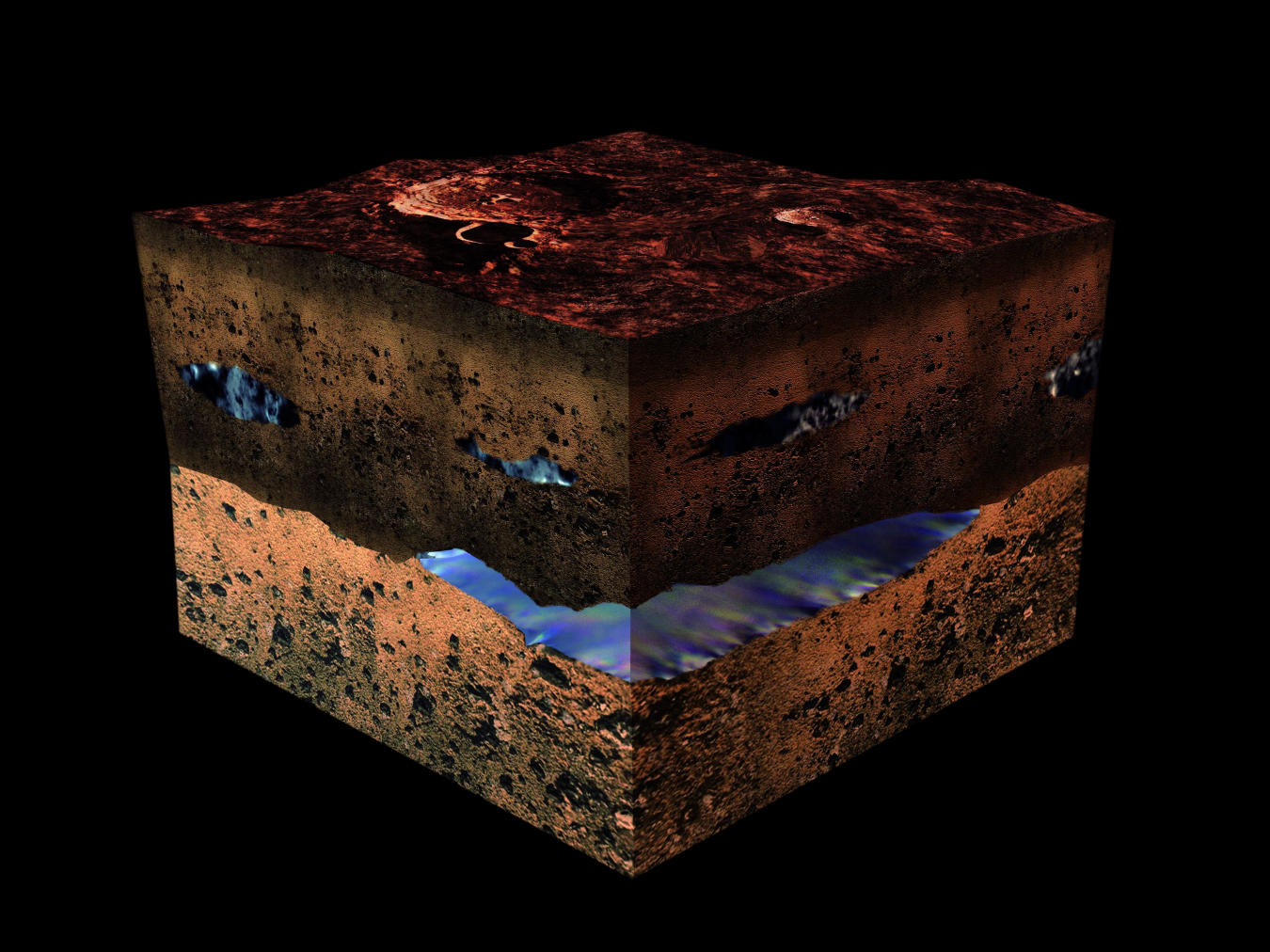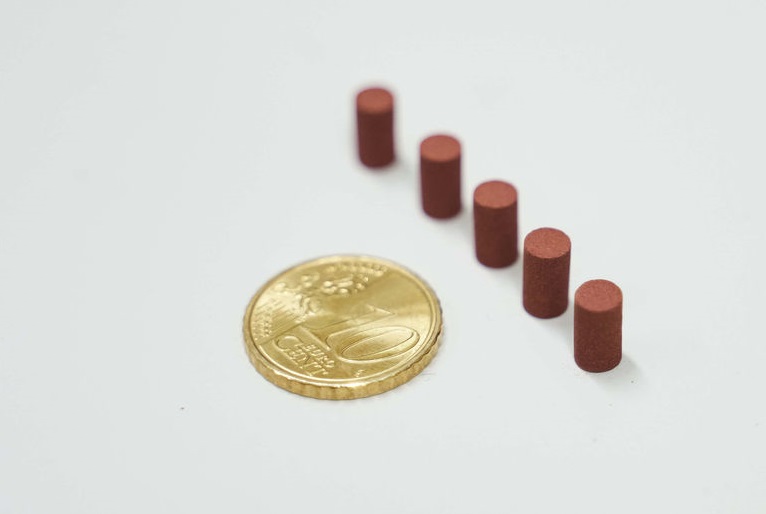Mars is the next frontier of human space exploration, with NASA, China, and SpaceX all planning to send crewed missions there in the coming decades. In each case, the plans consist of establishing habitats on the surface that will enable return missions, cutting-edge research, and maybe even permanent settlements someday. While the idea of putting boots on Martian soil is exciting, a slew of challenges need to be addressed well in advance. Not the least of which is the need to locate sources of water, which consist largely of subsurface deposits of water ice.
Herein lies another major challenge: Martian ice deposits are contaminated by toxic perchlorates, potent oxidizers that cause equipment corrosion and are hazardous to human health (even at low concentrations). To this end, crewed missions must bring special equipment to remove perchlorates from water on Mars if they intend to use it for drinking, irrigation, and manufacturing propellant. This is the purpose of Detoxifying Mars, a proposed concept selected by the NASA Innovative Advanced Concepts (NIAC) program for Phase I development.
Continue reading “A Biocatalytic Reactor for Detoxifying Water on Mars!”


